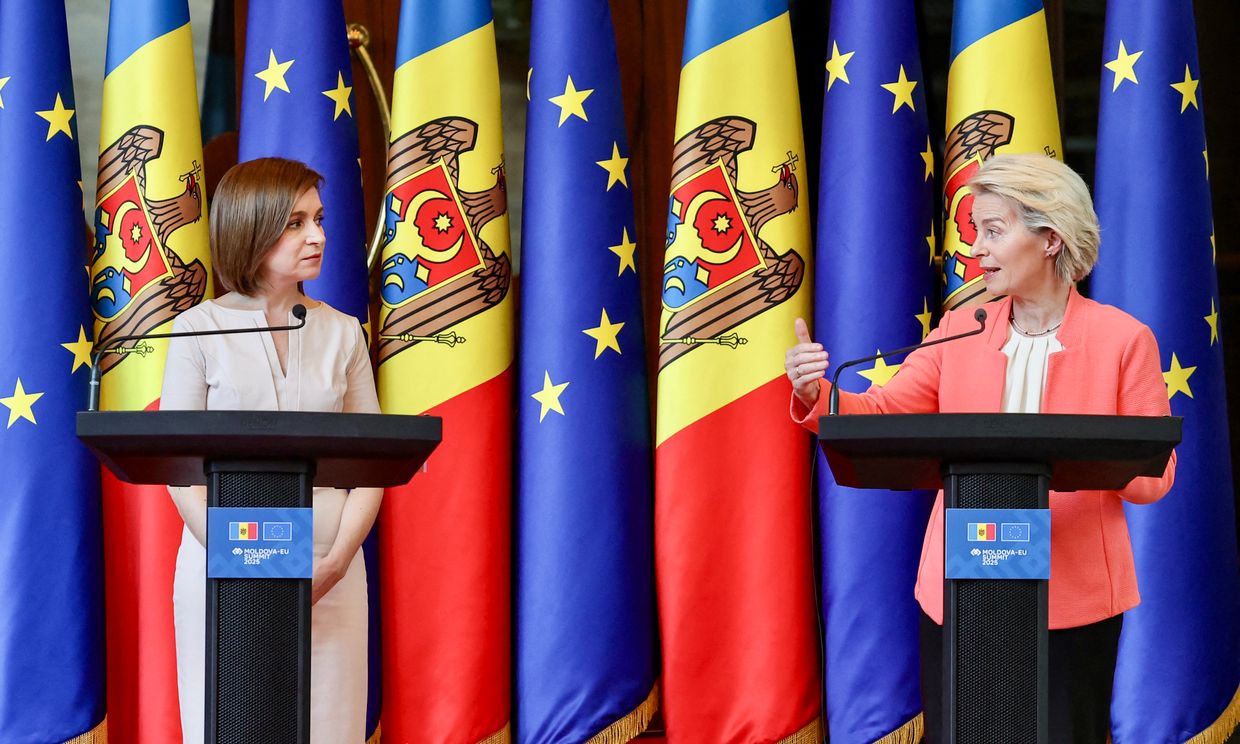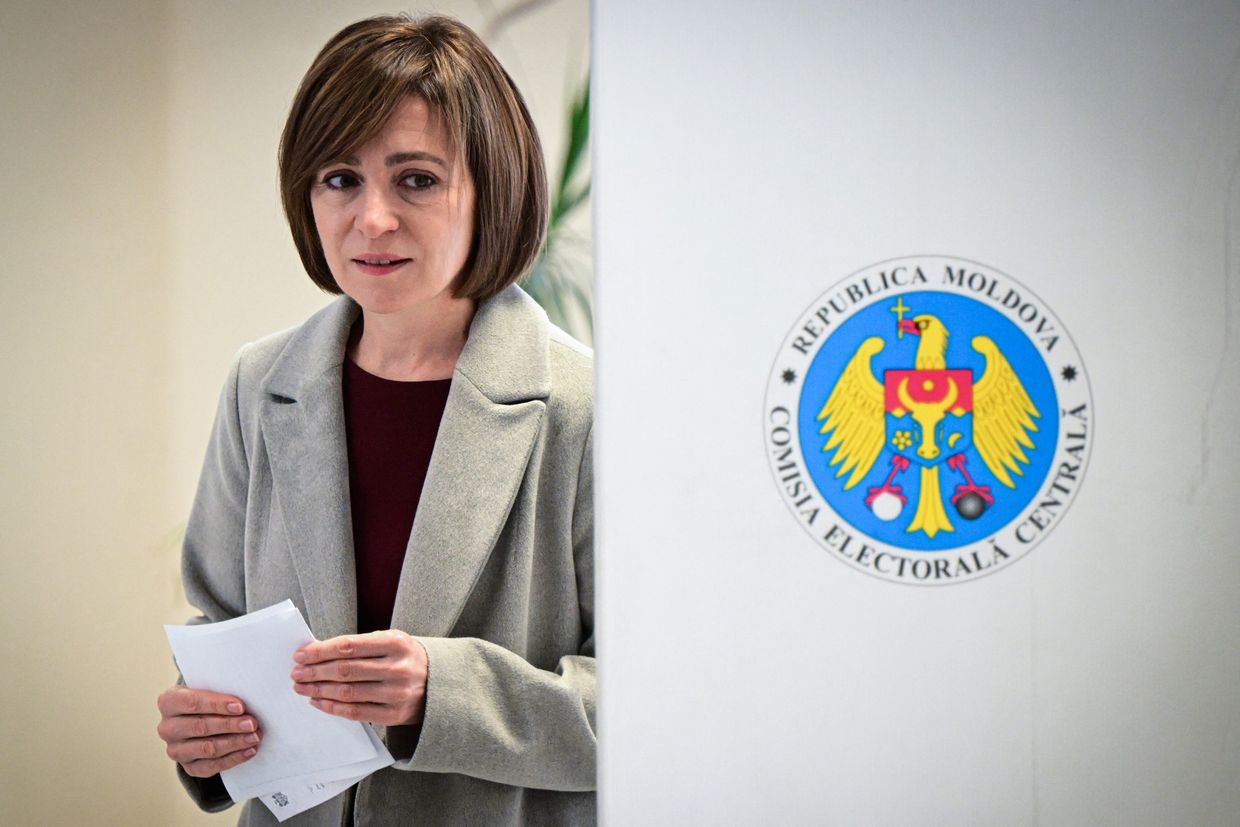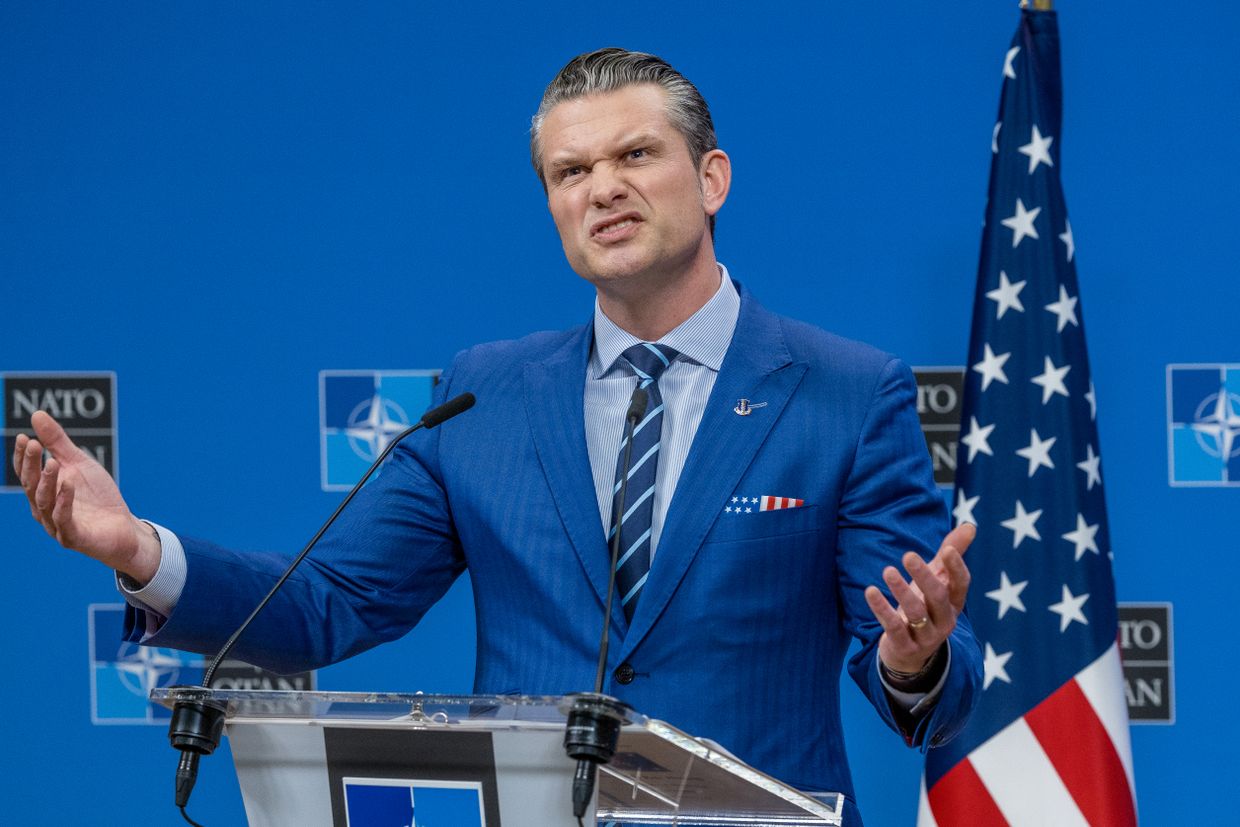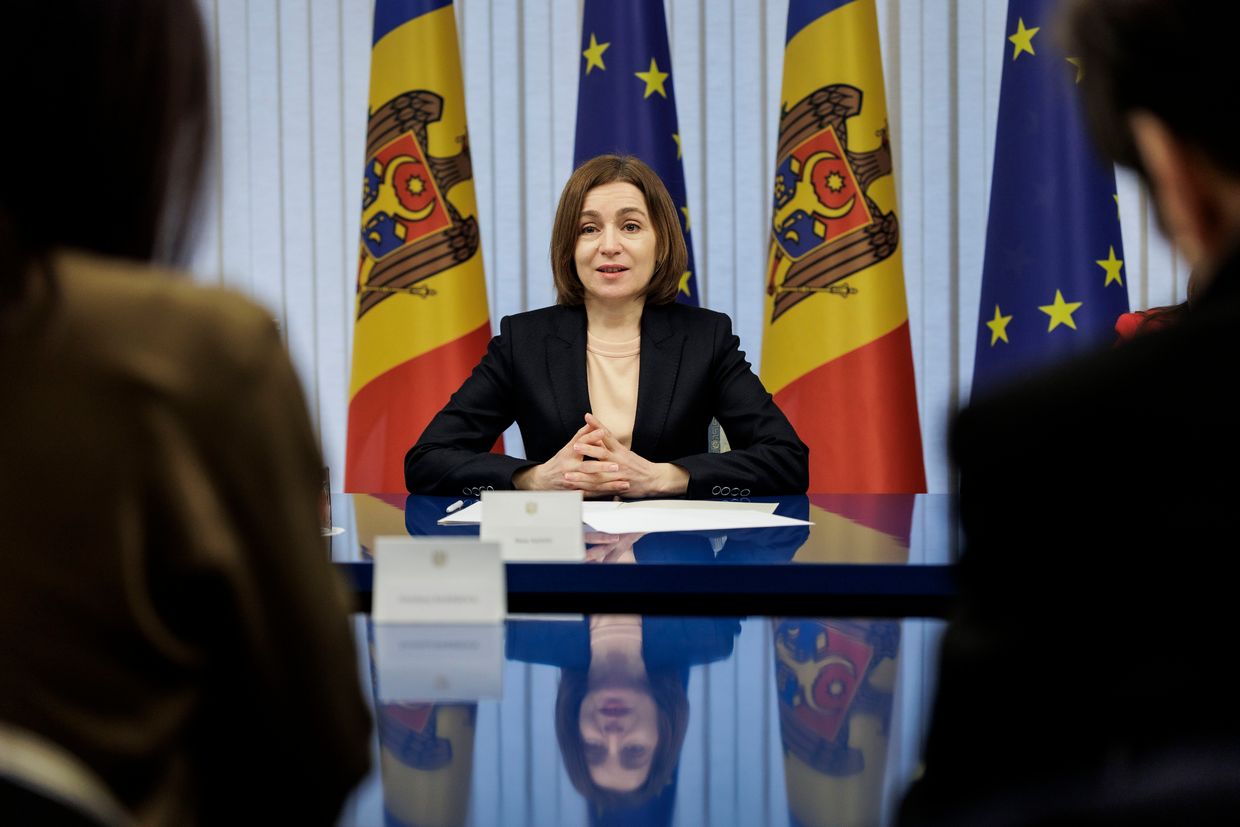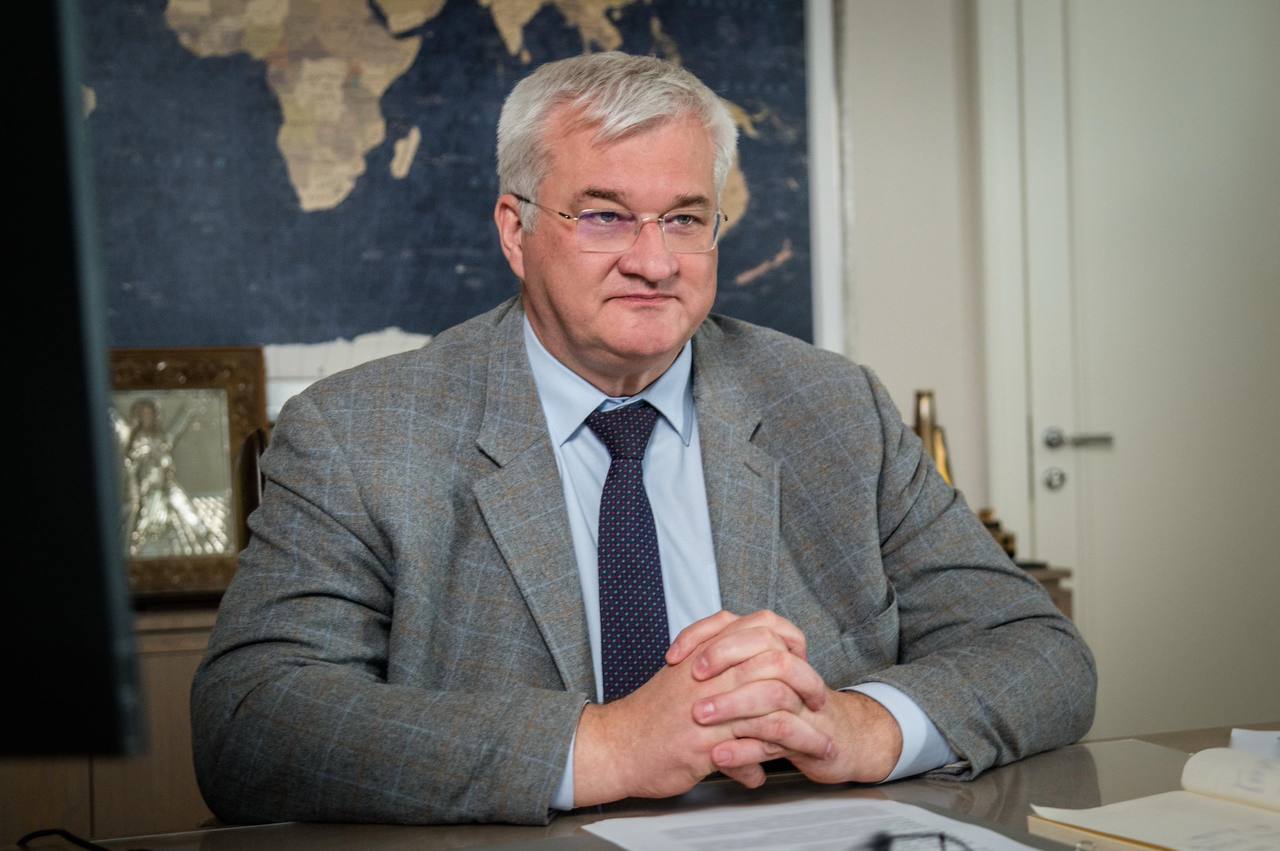Sandu ties Moldova’s fate to Ukraine despite Hungary blocking both EU paths

Hungary continues blocking Moldova and Ukraine from opening their first EU negotiation clusters despite both countries completing all screening requirements, as Moldovan President Maia Sandu rejected proposals to decouple the two countries’ accession paths.
Both countries completed screening requirements for opening negotiation clusters. Ukraine finished screening its first cluster in November 2024 and its second cluster in March 2025, while Moldova completed its screening in September 2025. The European Commission stated in October 2024 that screening was “progressing smoothly” for both countries, and the European Council acknowledged in June 2025 that “the fundamentals cluster is ready to be opened.”
Hungary stalls both countries
Hungarian Prime Minister Viktor Orbán has not raised objections to Moldova’s accession but continues blocking Ukraine, citing Hungarian minority rights concerns in Transcarpathia. Budapest’s Foreign Minister Péter Szijjártó said in March, “Hungary cannot support any progress in Ukraine’s EU accession negotiations until this unacceptable situation is resolved.”
The parallel accession paths became politically linked after both countries applied for EU membership in March 2022, received candidate status simultaneously that June, and opened negotiations together on 25 June 2024. Brussels has maintained this coupling as a geopolitical signal, with EU officials telling Euronews in July that “the decoupling of the enlargement process between Moldova and Ukraine is not for now”—separating them would suggest “strategic acquiescence to Russia’s destabilising goals in the region.”
Moldova’s refusal to proceed alone now forces Brussels to either bypass Hungary’s veto or accept indefinite delays for both countries.
“We are at the stage where we need to start the next round of negotiations. This is blocked by Hungary's refusal towards Ukraine,” Sandu told Moldova’s Rock FM radio. Asked about proceeding with limited membership rights, she dismissed the idea: “We have not discussed such an option. Of course, we want to become full members of the European Union.”
Ukraine’s self-inflicted setback
Beyond Hungarian obstruction, Ukraine’s path encountered complications in July when President Volodymyr Zelenskyy signed controversial anti-corruption legislation. Brussels had secretly planned to bypass Hungary’s veto by opening Ukraine’s first cluster on 18 July, but abandoned the plan four days after the law was signed. The Ukrainian parliament later repealed the legislation following both internal and international pressure.
In October, Ukrainian Deputy Prime Minister Taras Kachka said that “creative solutions” could enable opening six negotiating clusters in December. European Council President António Costa has proposed allowing cluster openings by qualified majority rather than unanimous consent, though the Netherlands defended Hungary’s veto rights at the October Copenhagen summit.
In her interview with Rock FM, Sandu emphasized that both countries have fulfilled their commitments, as confirmed by the European Commission. She expressed hope that “a solution will soon be found.”
The standoff tests whether EU member states can indefinitely block enlargement even after candidates meet technical requirements—a precedent that could reshape how Brussels manages future accessions.
Read also:
